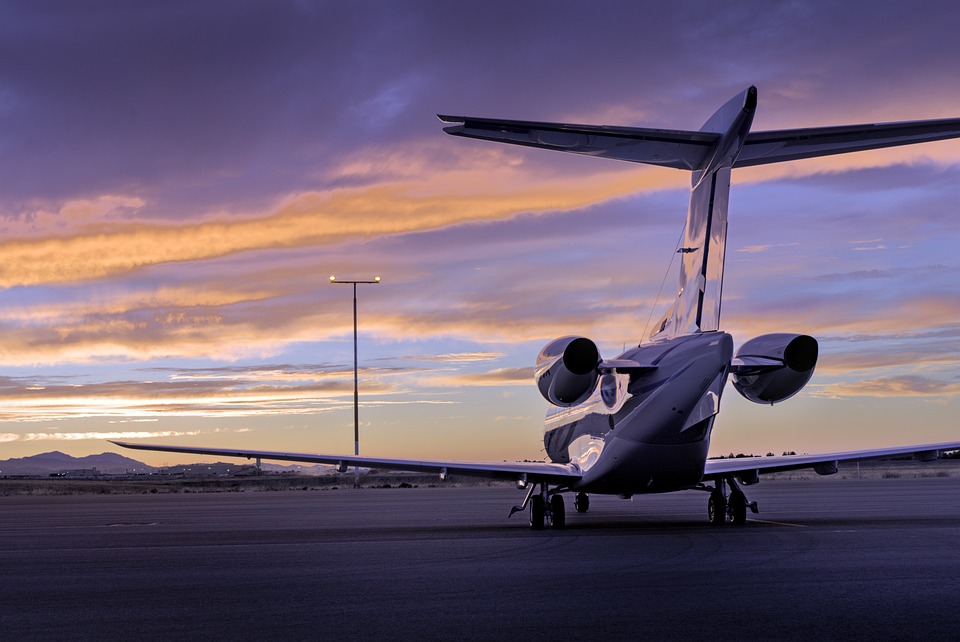The Critical Skills and Responsibilities of Aircraft Designers: Navigating a Shortage Occupation with Promising Career Prospects
In the ever-evolving world of aerospace engineering, aircraft designers stand at the forefront of innovation, tasked with the formidable job of creating the next generation of flying machines. As industries face an acute shortage of qualified professionals in this field, the demand for skilled aircraft designers is not just a fleeting trend; it represents a significant career opportunity for those willing to embrace the challenge.
Unpacking the Essential Skills
-
Technical Proficiency
At the core of an aircraft designer’s skill set lies an extensive understanding of engineering principles. Proficiency in computer-aided design (CAD) software is non-negotiable; tools such as CATIA or SolidWorks are indispensable in bringing ideas to life. However, one must also consider the importance of aerodynamics. The ability to calculate lift, drag, and thrust is foundational for any designer aspiring to create efficient and safe aircraft. -
Problem-Solving Acumen
The journey from concept to completion often encounters myriad obstacles. An effective aircraft designer must not only identify potential issues but also devise innovative solutions. This skill is particularly crucial when integrating new technologies, such as composite materials or advanced avionics, which can dramatically affect the performance and safety of an aircraft. -
Communication and Collaboration
Designing an aircraft is rarely a solitary endeavour. Effective communication and teamwork are vital, as designers often collaborate with engineers, project managers, and regulatory bodies. Articulating complex ideas simply and understandably ensures that all stakeholders are aligned and informed throughout the design process. -
Attention to Detail
The aviation industry operates under stringent safety regulations, making meticulous attention to detail paramount. A small oversight can have catastrophic implications. Designers must develop a habit of rigorous checking, ensuring that every aspect of the aircraft meets both regulatory standards and the high expectations of the market.
Responsibilities that Define the Role
Beyond skill sets, aircraft designers shoulder a plethora of responsibilities that shape the trajectory of their careers.
-
Research and Development
Continuous research is essential in keeping pace with technological advancements. Designers must stay abreast of new materials, propulsion systems, and regulatory changes. This commitment not only enhances the performance of current models but also informs future designs. -
Prototype Testing and Evaluation
The transition from design to production isn’t merely a straight line; it involves extensive testing. Designers must oversee prototypes, analysing data from wind tunnel tests and simulations. This iterative process is crucial in refining designs and ensuring compliance with safety standards. -
Regulatory Compliance
Navigating the complex landscape of aviation regulations is a significant responsibility. Designers must ensure that their creations adhere to both national and international standards, working closely with certification bodies to facilitate the approval process.
A Promising Future in Aircraft Design
With the aerospace sector on the brink of transformation—thanks to advancements in sustainability and technology—the prospects for aircraft designers are brighter than ever. The Royal Aeronautical Society has highlighted the increasing need for skilled professionals in this domain, emphasising that the next decade could see unprecedented growth. This presents an exciting opportunity for newcomers who possess the requisite skills and are eager to contribute to a dynamic field.
The road ahead is replete with possibilities for those willing to invest in their education and training. As industries pivot towards greener technologies, the role of the aircraft designer will undoubtedly evolve, offering myriad avenues for innovation and creativity.
In this landscape, Visajob.co.uk remains steadfast in its commitment to support your journey towards securing employment in the UK, particularly for roles that require sponsorship. As you navigate your career path, rest assured that we’re here to assist you in achieving your professional aspirations in this rewarding field.




